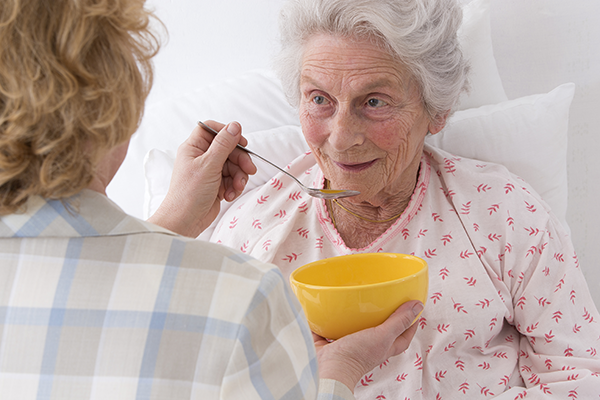In this article, we will discuss malnutrition in the elderly, precisely what it is, how to classify it, and most importantly, how to prevent it.
This is a topic of great socioeconomic and health importance, and the population of the so-called “elderly” seems to be constantly growing (except during the covid-19 pandemic).
Therefore, we have selected the information that we believe is most important for senior nutrition.
However, it is advisable to remember that nutritional complications in seniors can sometimes be risky and, therefore, extremely “delicate” to treat. Therefore, if in doubt, it is always advisable to consult a physician.
Malnutrition in the Elderly
What is meant by malnutrition, and why are the elderly more susceptible to it?
Malnutrition is a condition in which an imbalance between dietary nutrient requirements and income (or use) results in functional, structural, and developmental changes in the organism that promote disease and increase the risk of death.
Malnutrition is more likely to occur in the elderly than in other age groups.
This is also because aging reduces many physiological capacities of the organism, resulting in the following changes in body composition:
- A fat-free mass
- Decreased overall moisture retention.
- Decreased bone mineral content.
- In addition, cognitive impairment of physical stimuli such as hunger and thirst, and predisposition to co-occurring psychiatric disorders (depression and anxiety) and neurodegenerative diseases (Alzheimer’s disease, Parkinson’s disease, etc.) can exacerbate these symptoms.
How Is Malnutrition in the Elderly Classified?
Malnutrition in the elderly is classified as primary malnutrition and secondary malnutrition.
Primary malnutrition is associated with inappropriate eating behaviors influenced by physiological, pathological, socioeconomic, and environmental factors.
Secondary malnutrition is primarily related to impaired digestive capacity, reduced intestinal absorption capacity, inadequate blood transport, and poor nutrient metabolism.
Weight and Nutritional Deficiencies
Should or must the elderly “lose weight”?
Nutritional deficiencies in the elderly affects all nutrients, including fiber and water.
They are usually related to inadequate nutrient intake as a result of poor food choices or forced by unstable socioeconomic conditions. Still, in other cases, they may involve dietary strategies to combat obesity.
Diseases and Disorders
What conditions can exacerbate the situation?
Malnutrition in the elderly is often exacerbated by major morbid conditions that impair both eating habits and nutrient absorption levels.
These include:
- Esophageal disease (indigestion, reflux, diverticulosis, etc.)
- Stomach (gastritis, ulcers, indigestion)
- Dysphagia (dysphagia).
- Intestinal (Constipation, Diverticulosis, Crohn’s Disease, etc.).
It should also be emphasized that other pathologies of a different nature may lead to increased specific requirements.
- Sarcopenia: the intake of essential amino acids needs to be increased.
- Osteoporosis: the intake of vitamin D needs to be increased.

Prevention of Malnutrition
How to prevent malnutrition in the elderly?
Preventing malnutrition in the elderly is essential to ensure a better quality of life and longevity.
The most important precautions are
- Ensure the intake of proteins of high biological value, including essential amino acids, which are helpful for the maintenance of muscle mass.
- Avoid excessive carbohydrate intake, which risks energy and nutritional imbalance.
- Note: Since many older adults tend to consume less meat, fish, eggs, and low-fat cheese, replacing some grain-based foods with those containing legumes can increase the protein quota at the expense of the carbohydrate quota.
- Encourage the consumption of fresh fruits and vegetables rich in vitamins, soluble and trace elements, antioxidants, water, and fiber.
- Ensure that intake of essential fatty acids is at the minimum required level, as omega-3s have been implicated in central nervous system health in the elderly.
- Limit intake of alcoholic beverages.
- Promote water consumption.
Do you have any other tips? Share it with us in the comments below!







